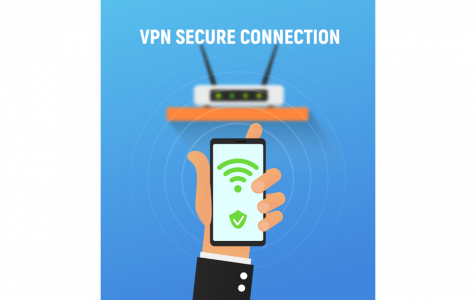We’ve discussed VPN (virtual private network) a couple of times before, so you’re probably familiar with it by now. You can use a VPN service on your Android device and you can even make your Mac computer more secure with one. Indeed, utilizing a VPN to ensure that your devices and online activities are secured from hackers can prove very beneficial. However, how do you choose which type of service is best for your needs?
When searching for the perfect VPN partner, one of the steps is choosing between a regular VPN or a VPN router. While both types offer promising benefits, you might find that one is better suited to your exact needs than the other.
How a Traditional and Regular VPN Works
Regular and traditional VPN services require the installation of an application developed by the VPN provider. Once installed and activated, the VPN will modify the device’s network settings, encrypting data and forwarding it to the VPN server. To make sure that all of your devices benefit from the service subscription, the application must be installed and activated on every device.
How a VPN Router Works
In a VPN router, the VPN client program is already embedded in the router, so it is directly running within the router. When you have a VPN router at home or office, all the devices that connect to it automatically utilize the service. It means that the VPN will protect every device connected to the router via Wi-Fi or ethernet. As a result, users won’t have to worry about ensuring that the program is running on their device every time. The VPN program is always running via the router and will not suddenly stop so there is no risk of exposing your IP address without your knowledge.
Choosing Between a Regular VPN Service and VPN Router
Different users will find that one is better than the other depending on their needs and budget. App-based VPNs, such as Outbyte VPN, are best recommended for users who are always on the go, as they can connect to the VPN network anytime and anywhere. Regular VPN services are also generally cost-efficient and easy to maintain, especially if you choose a reliable provider that has an active support system. Subscribing to services is also a breeze because there is no need for complicated setup. Meanwhile, a VPN router is more advisable in homes, offices, and other facilities where multiple devices or systems will have to connect to the network all at the same time.
In the end, choosing between a regular VPN service and a VPN router boils down to your specific needs. You may even select both to make sure that you are always connected to a trusted VPN network wherever you go!
